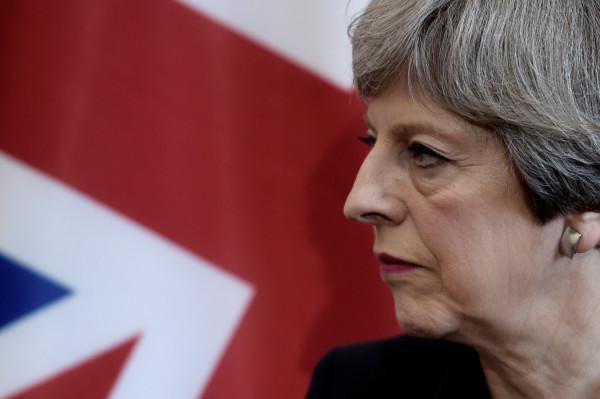

While the next 18 months of the legislative timetable may be full of Brexit-related matters, providers have slated the delay in discussing this issue that is believed to have cost the Conservative party their majority at this summer's general election.
Back in May prime minister Theresa May was forced to say the Conservative government would set an “absolute limit” on the amount people pay for social care after her original plans for funding social care, unveiled as part of the Conservative party general election manifesto, were dubbed "a dementia tax".
After three days of mounting political criticism of her social care reforms Mrs May bowed to warnings from Tory candidates that it was hitting the party hard on the doorstep.
Steven Cameron, pensions director at Aegon, said: “Social care for the elderly and how it should be paid for will touch every family across the UK.
"The government promised in its manifesto to consult on social care funding including introducing an overall cap on how much any individual would be expected to pay.
"The suggestions that the consultation may now be delayed until next summer will come as a massive disappointment to all those facing the current uncertainty around social care funding.
"While Brexit preparations may have put many other important matters on hold, social care funding will be critical long after the UK leaves the European Union.
"Now is the perfect time for the government to start a wide ranging consultation with individuals, care professionals and financial experts on how to arrive at a clear, fair and sustainable deal on sharing care costs between individuals and the state.
“There will always be a reason to delay. This issue of social care needs to be put at the top of the agenda and kept there until a solution is found.”
Mrs May's predecessor, former prime minister David Cameron had promised to bring in an upper limit of about £75,000 on the amount people must pay towards their own care.
But there are now rumours circulating that the cap will not be introduced until well into the next decade.
Tom Selby, senior analyst at AJ Bell, said this means enormous care bills will eat away at the hard-earned inheritance people were hoping to leave to their children.
Mr Selby said: "History will not reflect kindly on a government that has promised so much and delivered so little on long-term care. More than six years after the original Dilnot cap was proposed it appears we are back to square one.
"It is quite incredible that the Conservative Party appear to be so blasé about abandoning key election promises, although it's perhaps a sign of the weakened position of (prime minister) Theresa May's minority administration.
The Conservatives manifesto pledged to ditch the cap and introduce £100,000 asset ceiling, which caused an uproar and led to a very temporary U-turn.
It is now believed that the government is said to be considering auto-enrolment for a care alternative.
Gemma Siddle, chartered financial planner at Newton Aycliffe-based Eldon Financial Planning, said: “In my experience, it is not the principle of paying for their own care that worries many people but the uncertainty of whether or not care will be required, how long it will be required for and the scale of the cost should a truly long term issue arise.
"Having some certainty around this area can ease people’s worries and this is what the cap was designed to do.
"The loss of the cap brings back this uncertainty at a time when care costs are increasingly significantly faster than inflation.
"I expect we will see older generations holding onto higher levels of capital to fund this potential need, arguably at a time when it may be better brought into circulation by gifting down the generations and creating cashflow for our economy.”



